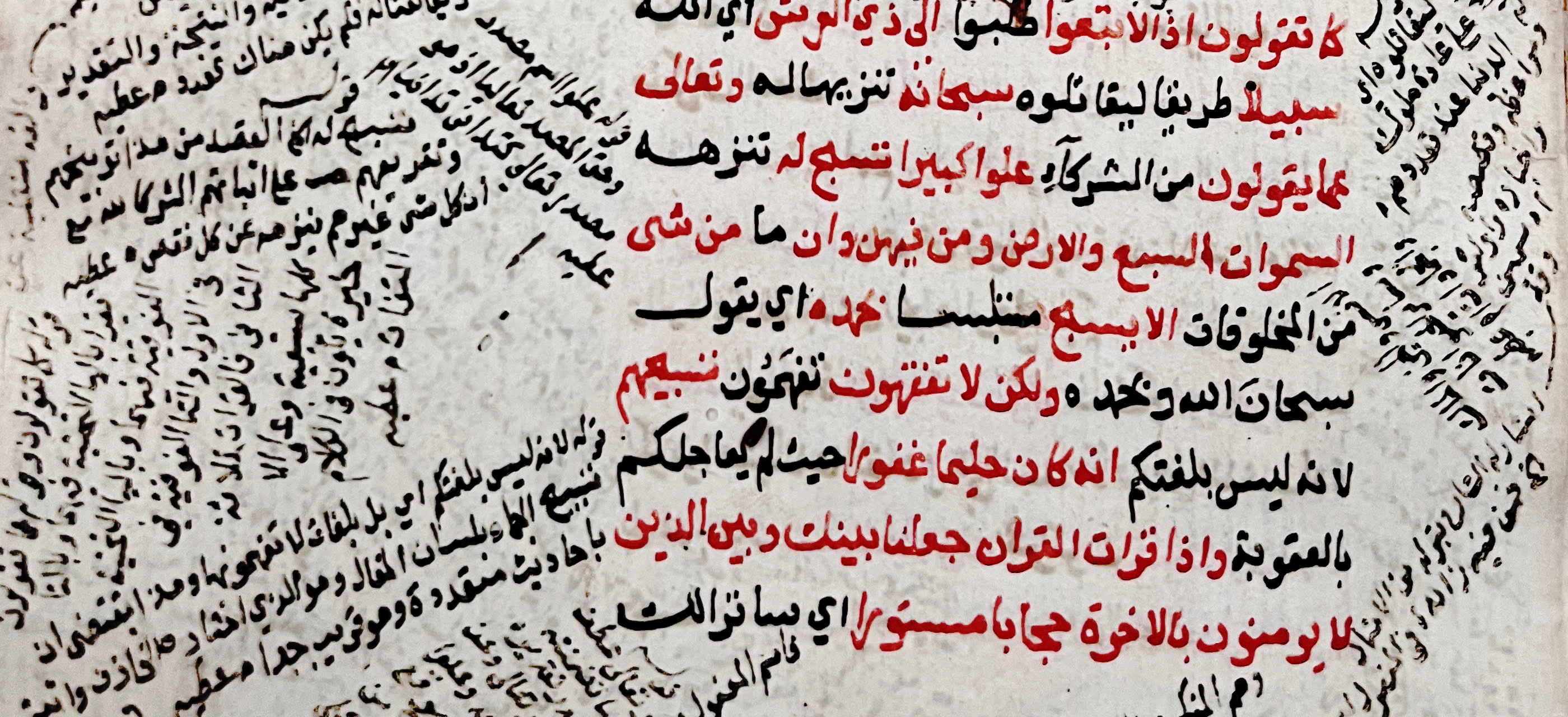The Writing of Tunisian Sages in Israel / כתבי חכמי טוניסיה בישראל
Contenu
- Titre
- The Writing of Tunisian Sages in Israel / כתבי חכמי טוניסיה בישראל
- Créateur
- דשן, שלמה Voir tous les contenus avec cette valeur
- בוכריס, דוד Voir tous les contenus avec cette valeur
- פרג'ון, פורטונה Voir tous les contenus avec cette valeur
- Deshen, Shlomo Voir tous les contenus avec cette valeur
- Date
- 1975
- Dans
- Megamot / מגמות Voir tous les contenus avec cette valeur
- Résumé
- This article deals with one aspect of the cultural and social problems encountered by Tunisian Jews in the course of their absorption in Israel. The article concentrates on the study of one of the outstanding occupations distinguishing the community — the publication of the works of Jewish sages, especially from Djerba Island. The publication of religious books, most of which are commentaries on the Bible and the Talmud, was a common phenomenon among the Jews of Djerba Island in particular. If the author of the work was dead, the publication of the work by the descendants raised the latter's social status since it proved that learning and wisdom were part of their family legacy. It also contained an element of honour for one's parents. After immigration to Israel another motive was added to the wish to publish the religious commentaries of a father or other relative — the desire to rescue these writings from oblivion in view of the decline of religious tradition and the secularization process among members of the Tunisian community The activity involved in publication among South Tunisian Jews is thus studied against the background of a rich religious-cultural tradition in which importance was attached to writing and publication and a present which is conceived as an age of decline and degeneration as far as religion is concerned. The amount of books published and circulated is relatively large considering the potential reader market — Jews who immigrated to Israel from South Tunisia. The findings reveal that the relatively wide circulation is not to be attributed to an improvement in their economic situation or the desire of people for prestige and social recognition. These factors explain only part of the phenomenon. A fuller explanation may be presented in symbolic and cultural terms. By engaging in publication or financing it, people express their respect for the deceased, especially if the authors are their ancestors. From this point of view, the content of the book is unimportant because the books as such has a religious value of its own and it is intended to express the loyalty of children to their fathers. This phenomenon may also be defined as the ritualization of literature. Another aspect of this ritualization is that a magical protective power is attached to the book i.e. the latter serve as amulets. This ritualization is apparently a substitute for the numerous specific religious acts many of which are no longer performed today. Instead of them, various activities to which a defusive religious value is attached, are now making their appearance.
- Sujet
- Judaïsme Voir tous les contenus avec cette valeur
- Langue
- heb
- volume
- כ"א
- numéro
- 2
- pages
- 157-167
- issn
- 0025-8679
- Source
- JSTOR Voir tous les contenus avec cette valeur
דשן, שלמה et al., “The Writing of Tunisian Sages in Israel / כתבי חכמי טוניסיה בישראל”, 1975, bibliographie, consulté le 7 septembre 2024, https://ibadica.org/s/bibliographie/item/673
Position : 30752 (1 vues)

